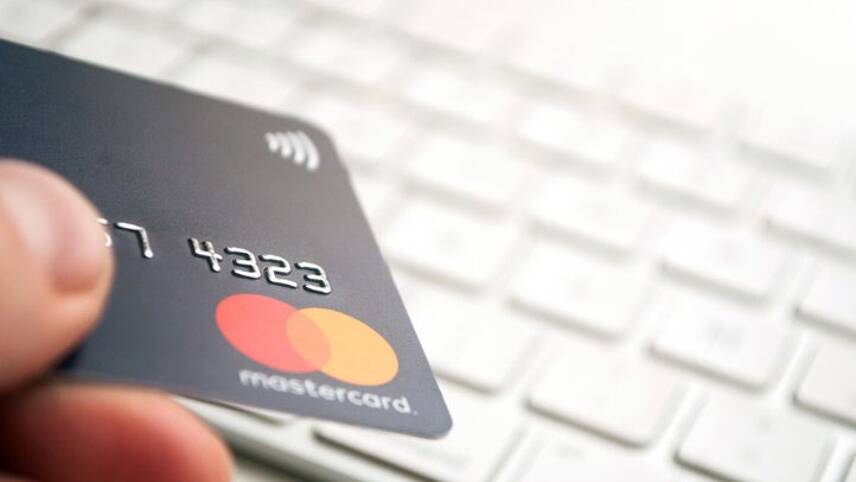Register for free and continue reading
Join our growing army of changemakers and get unlimited access to our premium content

Mastercard will support more than 60 financial institutions in using more sustainable materials in their cards and value chains
Mastercard will include information on where to source the new sustainable cards, to help banks and other card issuers begin switching to more sustainable materials. So far, 28 products have been approved under this initiative. Materials being prioritised include Polyethylene Terephthalate, High-density polyethylene, wood and polylactic acid plastic.
Around six billion payment cards are produced annually, the majority of which consist on PVC non-biodegradable plastics. The cards are usually replaced every three to four years, and contribute to the millions of tonnes of plastic that ends up in landfill and spills into the natural environment.
The cards will help form Mastercard’s global certification scheme for approved sustainable material use in its payment products. A Greener Payments Partnership (GPP) has been formed by Mastercard and card manufacturers Gemalto, Giesecke+Devrient and IDEMIA in a bid to establish sourcing practices and reduce non-recyclable plastic use in card manufacturing.
“Our goal is simple: we want to help banks offer more eco-friendly cards to consumers, and we are taking concrete steps to bring about that change. This way, everyone benefits – it’s better for the environment, it’s better for business and it meets evolving consumer needs,” Mastercard’s president of cyber and intelligence Ajay Bhalla said.
“We’re excited to see our efforts gaining traction in so many parts of the world and hope more organisations will join us, as we collectively use our power for good to address these urgent environmental challenges.”
Mastercard will support more than 60 financial institutions, including Santander, HSBC and Crédit Agricole, in using more sustainable materials in their cards and value chains.
Green cards
The green card drive will complement the company’s efforts to decarbonise its operations. Mastercard achieved 100% renewable energy offset usage across all of its global offices in 2017, thanks to a mixture of onsite solar generation, renewable energy purchases and credits.
Mastercard has also set science-based targets, to reduce greenhouse gas (GHG) emissions by 20% by 2025. Since 2018, however, the company has reduced emissions across all three scopes by 42% against a 2016 baseline. The company has also recently joined the RE100.
Mastercard is also part of the “Business Avengers”. The coalition of 17 global corporates – including Unilever, Nike and Google – worth more than $500bn in revenue was launched to highlight how businesses can amplify actions to help hit the targets of the 17 Sustainable Development Goals (SDGs).
The Business Avengers is represented by corporates with more than 90,000 employees collectively. The coalition will work to highlight the role that businesses can play in achieving the SDGs by 2030.
The companies involved are Arm, Avanti Communications, The Coca-Cola Company, Commvault, Diageo, Google.org, Mars Inc, Mastercard, Microsoft Corp., Nike, RB, SAP, Salesforce and Unilever.
Matt Mace


Please login or Register to leave a comment.